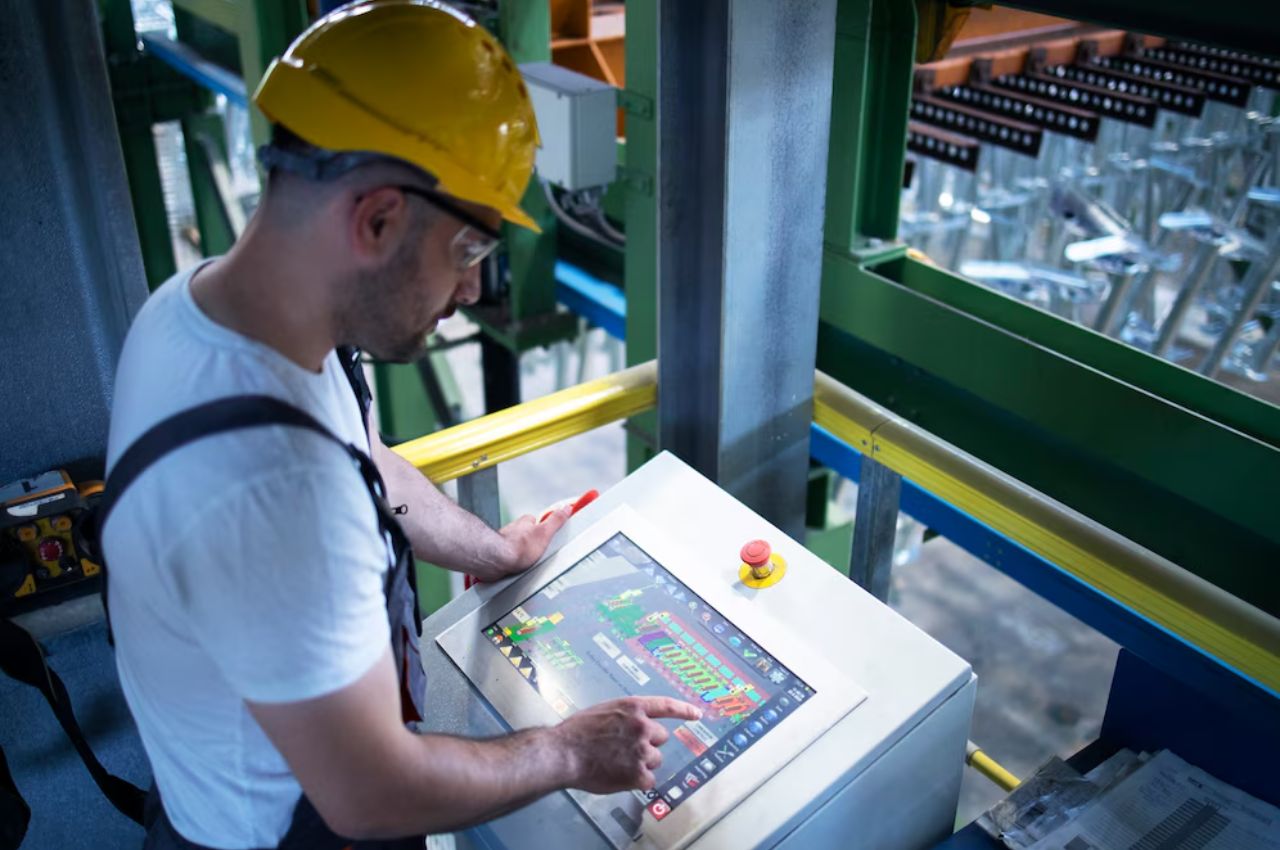Key Benefits of Industrial Automation Installation in Production
In today’s fast-paced manufacturing world, industrial automation installation has become a game-changer for businesses. Companies are adopting automated systems to stay competitive and meet growing demands. This shift is transforming how production lines operate. The benefits go beyond just improving speed. It impacts quality, safety, and costs as well. Let’s explore the key advantages of integrating automation into your production processes.
Understanding Industrial Automation Installation
Industrial automation installation refers to implementing advanced technologies in factories. These systems use machines, robotics, and software to perform tasks traditionally done by humans. By automating repetitive or complex activities, companies can achieve better results. For instance, an assembly line equipped with robots ensures consistent output. Such installations streamline operations while reducing human error. As we delve deeper, you will see why these systems are vital for modern production.
Industrial Automation Boosting Efficiency Through Automation
Automation significantly increases the efficiency of any production process. Machines work continuously without fatigue or breaks. They complete tasks faster than manual labor ever could. With industrial automation installation, production cycles shorten dramatically. This means more products are manufactured within less time. Additionally, real-time monitoring allows managers to track performance closely. Any bottlenecks or issues get resolved quickly, ensuring smooth operations.
Enhancing Product Quality and Consistency
One of the most significant benefits of automation is its impact on product quality. Automated systems follow precise instructions every single time. Unlike humans, they do not make mistakes due to tiredness or distraction. This consistency leads to higher-quality goods. Customers receive reliable products that meet their expectations consistently. Moreover, advanced sensors and cameras detect defects early in the process. Defective items never reach the market, saving both money and reputation.
Cost Reduction with Automated Systems
Installing automated systems might seem expensive initially. However, it pays off in the long run through cost savings. Automation reduces reliance on manual labor, cutting down payroll expenses. Fewer employees mean lower overheads. Maintenance costs for machines are also manageable compared to hiring additional staff. Furthermore, waste reduction contributes to financial gains. Automated processes minimize material usage, ensuring nothing goes unused. All these factors contribute to healthier profit margins over time.
Improving Worker Safety in Production
Safety remains a top priority in all industries. Industrial automation installation plays a crucial role here too. Dangerous tasks such as handling heavy machinery or toxic substances can now be performed by robots. Workers no longer need to put themselves at risk. Instead, they focus on supervising and maintaining equipment. This change creates a safer working environment overall. Employees feel secure knowing hazardous jobs are handled by machines instead of them.
Flexibility and Scalability of Automation
Modern production environments demand flexibility and scalability. Fortunately, automated systems excel in both areas. A well-planned industrial automation installation adapts easily to changing requirements. If demand rises suddenly, adding more units becomes straightforward. Similarly, switching between different product types requires minimal adjustments. Software updates often suffice to reconfigure the system. This adaptability gives businesses an edge in responding to market trends swiftly.
Conclusion
The integration of industrial automation installation brings numerous advantages to production facilities. From boosting efficiency and enhancing product quality to reducing costs and improving worker safety, the benefits are clear. Automation makes operations flexible and scalable, preparing businesses for future challenges. While initial investment may seem high, the long-term rewards far outweigh the costs. Embracing this technology positions companies ahead of competitors. So, if you haven’t considered automation yet, now is the perfect time to start exploring its potential.

